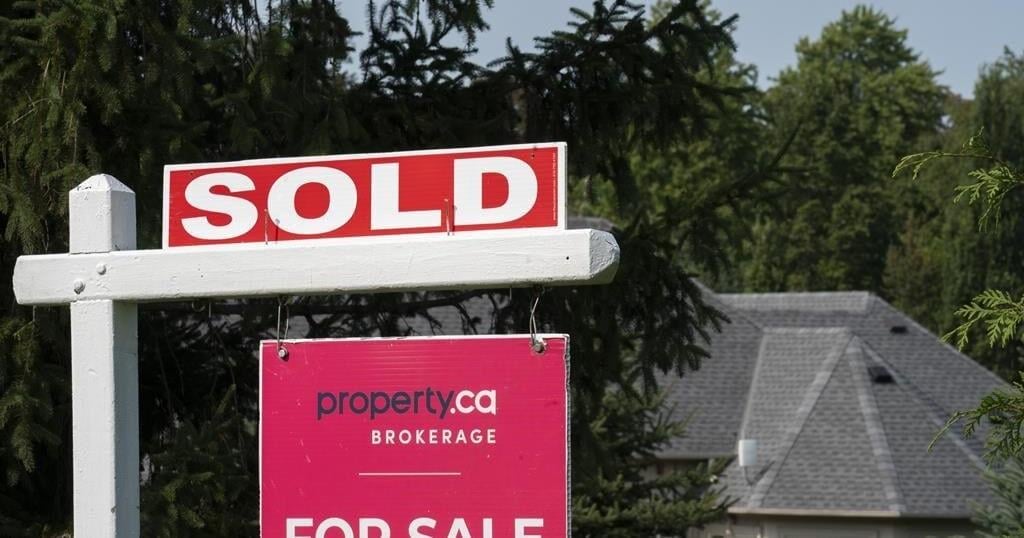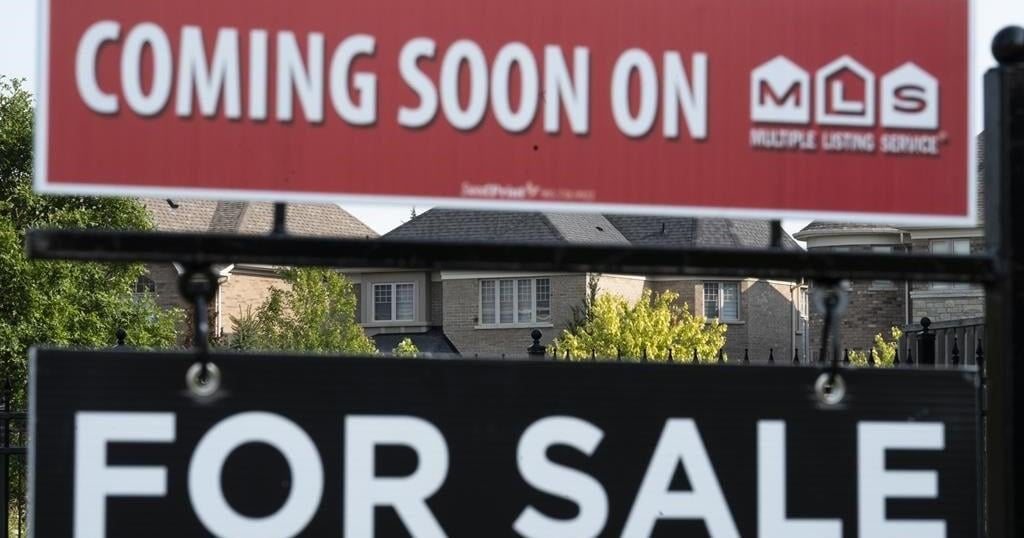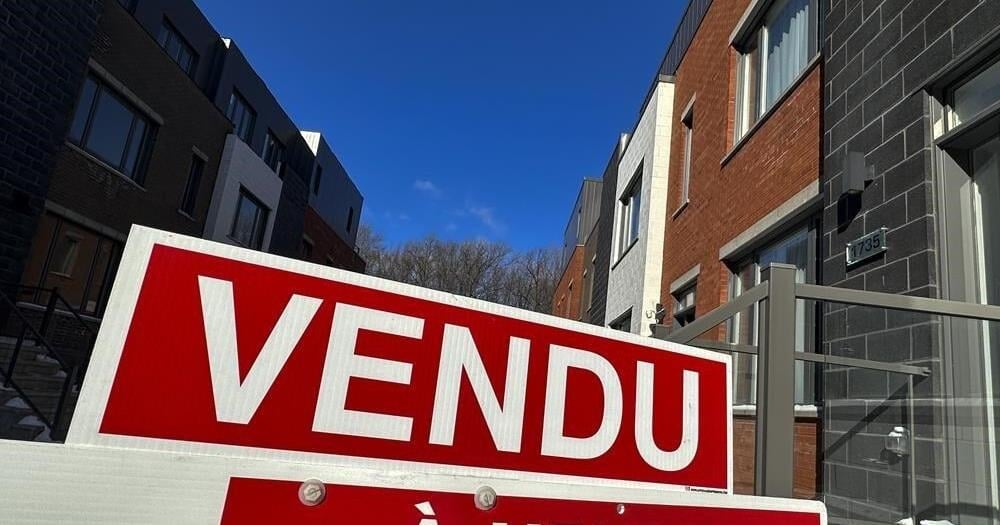My question is: should I keep the rentals and turn them over to a property manager or slowly sell them over the next five to seven years because I’m tired of self-managing? The current annual income after mortgages and all the expenses — but before income tax — is around $70,000. Could I get the same income or drawdown if I sold the rentals and invested the money in stocks and bonds?
Have a question about your own retirement savings? Email us at HelpMeRetire@marketwatch.com
Dear Reader,
Managing properties can be a hassle. You’ve got to constantly communicate with tenants, be at the ready should any problems arise, wait out periods of vacancy and you’re the one responsible for the costs, be it repairs or upkeep.
That said, those assets are beneficial for your retirement, whether you keep them or sell them off. It will all come down to what you will need in retirement, and if your Social Security and pensions will be able to hold you over forever.
I know you mentioned those two sources of income are enough to cover your basic needs, but can it manage more than that? As we have all seen, inflation can be significant, and your regular trip to the grocery store could easily cost more than you’re used to by the time you and your husband reach retirement age — it’s more than a decade away for him, if he sticks to his plan. You also need to account for both unexpected and regular expenses later on — think healthcare.
Real estate can be a great investment, and many people favor it. The market isn’t quite as volatile as the stock market, so over time you’re very likely to see the value of the home rise (and thus, your net worth). But it’s far from a sure thing. Real estate isn’t as liquid as cash or cash-equivalents, or even stocks and bonds. And, as you’re experiencing, it can be a lot of work.
Property management can be helpful, but it will come with a cost. This service typically includes a setup fee, which could be anywhere from $250 to $500 per unit and could cover an inspection (be sure to ask a potential management firm if they include that in this price). The management fee itself could be a percentage of the rent or a fixed fee. The average cost to manage a single-family home is 10% of the monthly rent, according to Roofstock, a company that provides data and services for investors interested in single-family homes.
Be very clear and focused on the contract with a property manager, Roofstock warmed. The language in the document should say “rent collected,” not “due” or “scheduled” or “rental value,” so that you’re only paying when rent is received (and so you’re not paying the manager when the property is vacant, for example). There could also be a leasing fee if the property becomes vacant, as well as lease-renewal fees and maintenance charges.
Selling and investing is certainly an option, but you should consult with a qualified, trustworthy financial planner who can run some projections for various types of portfolios. Right now, you are used to a certain amount of income each year from these rental properties, so of course you’d want to maintain or make even more.
However, the stock market is volatile. It is important that your investments are structured in a way that you’ll be able to withdraw a specific amount each month or year as you’ve become accustomed to doing, but still have your account growing over time.
Whatever you decide, now would be a good time to boost those other assets. Try to dedicate more to your IRAs — and if you haven’t already, a separate, liquid account for an emergency savings fund. If you kept the real estate, it would not be quite as easy to tap into that asset should an emergency arise. Yes, loans are an option, but that could take more time than you have for an unexpected, looming expense.
Write out all of your cash inflows and outflows, target how much extra money you have to play with after paying for all of the necessities, and carefully earmark the excess. If your mortgage rates aren’t astronomical, it’s OK to keep them while you stash more money in retirement and emergency accounts. And if the mortgage rates are on the high side and you think it’s worth it to pay off as fast as you can, split what excess you have so that you’re bulking up your retirement and emergency accounts.
You have a while to go, so now is the time to do as much preparation as you can for the future.
Readers: Do you have suggestions for this reader? Add them in the comments below.


























